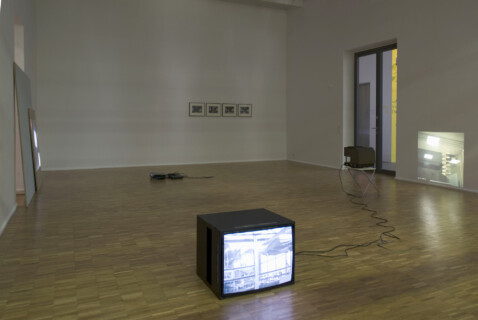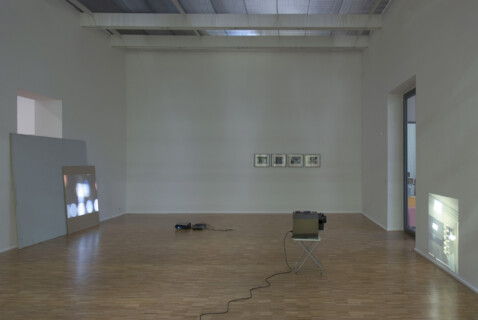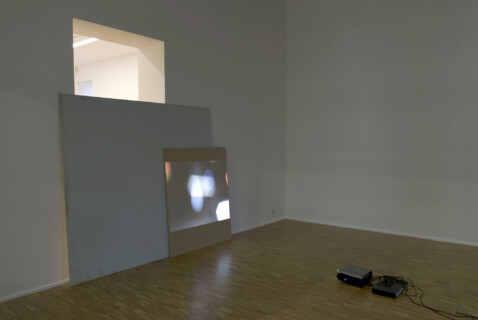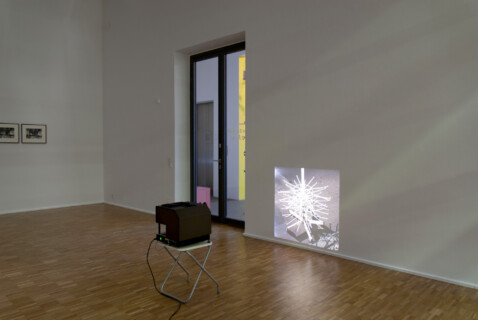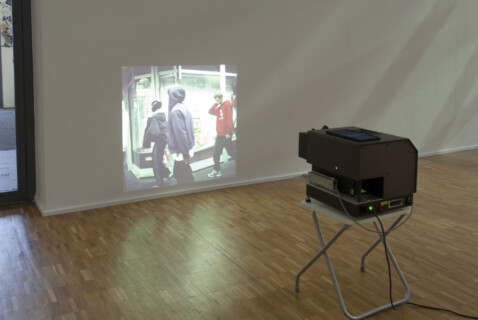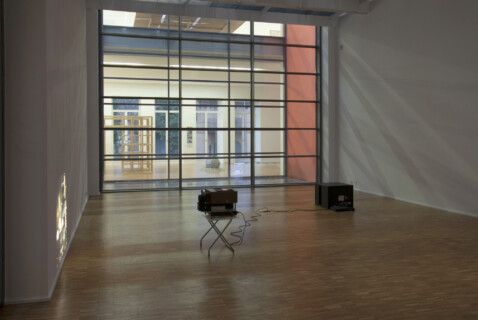Chance, reconception, deconstruction, imperfection, issues of identity … these are just a few of the concepts it would be pos-sible to link with the work of Arthur Zalewski.
Zalewski confronts the material reality and identity of places. Although he finds his photographic subjects in everyday life, they provide very little information about place and time. Zalewski anonymises the potential identities of places, thereby suggesting a kind of interchangeability or facelessness.
The high degree of abstraction and the contextual isolation in his photographs separate the subjects from their fundamental references. Zalewski takes a playful approach to the subversion of the abstracted objects. His works show the impossibility of comprehending and depicting reality. The evacuated photographic motif thus acquires a new kind of importance in its interplay with other objects. The principle of chance is vital to him here. Certain elements, such as form, material and texture, are used as the starting point for his installations, sculptures and archi-tectural structures. Sometimes, a direct proximity to design emerges. The objects are not forced into a state of perfection, and in their non-finalised state, they vividly express a critical-ity of the cult of the superficial.
Arthur Zalewski was born in 1971 at Kędzierzyn-Koźle (Poland). He studied at the Leipzig Academy of Visual Arts with Prof. Astrid Klein and Prof. Joachim Brohm.
